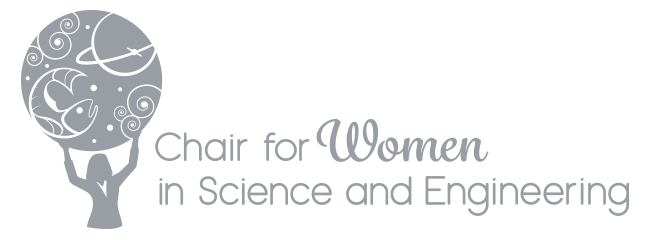“My #AstroPassion is the exploration of the solar system.”
Catherine's Biography
Catherine Neish is an Assistant Professor of Earth Sciences at The University of Western Ontario. She holds a PhD from the University of Arizona (2008) and a BSc (Hons) from the University of British Columbia (2004). She is an expert in the use of radar observations to study the geology of planetary surfaces, with a particular emphasis on processes related to impact cratering. She is an Associate Science Team member for the RADAR instrument on the Cassini spacecraft, and was involved in the science and operations of the Mini-RF radar on board the Lunar Reconnaissance Orbiter. Dr. Neish has published more than 35 papers in peer-reviewed journals, is a PI on several research grants funded through NSERC, CSA, and NASA, and was recently awarded the Ronald Greeley Early Career Award in Planetary Science from the American Geophysical Union (2014).
Assistant Professor, Department of Earth Sciences, Western University, London, Ontario
I am an Assistant Professor of Earth Sciences. I conduct research in planetary geology, advise students, and teach courses in planetary and earth sciences.
We conduct research in the field of space sciences and train the next generation of space scientists.
Learning new things! I am very fortunate to have a job that pays me to learn.
I am a science team member on NASA’s Cassini orbiter, which has provided a treasure trove of data about Saturn and its moons. I love that I get to be one of the first people to learn fascinating new things about our universe.
By studying other planets, we learn more about how the Earth formed, how it changed over time, and how it will continue to evolve. I also have the privilege of mentoring young people, to help them pursue their own passion(s) in science.
Equity in the STEM fields. Science demands the unique perspectives of many different individuals, and we will learn more if we include everyone in the process. In my role as a faculty member, I will work to ensure that both conscious and unconscious bias have no place in the hiring of faculty and trainees.
Science and engineering encompasses a lot of different sub-fields. My advice for students considering a career in STEM is to “try out” as many of these sub-fields as possible, through high school and undergraduate internships, and later, graduate course work and training, to determine what it is that really excites them. You’ll be the most successful if you really love what it is you’re doing.
[/toggle]


